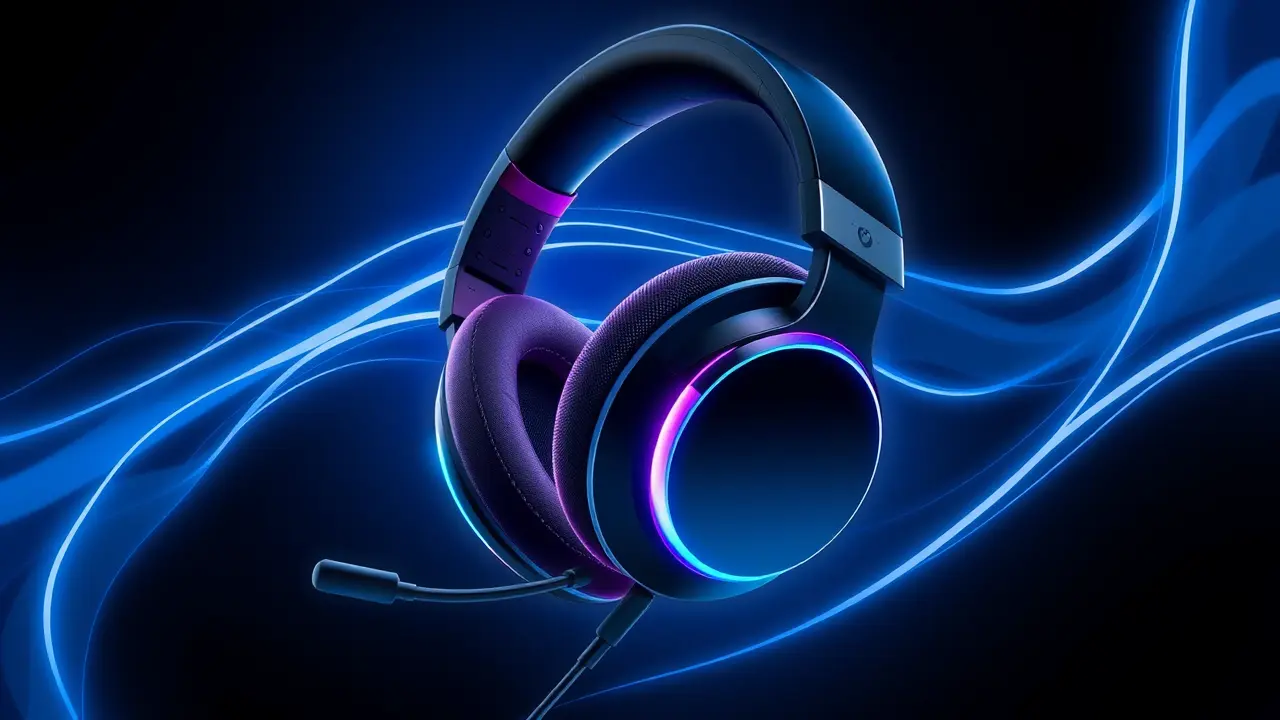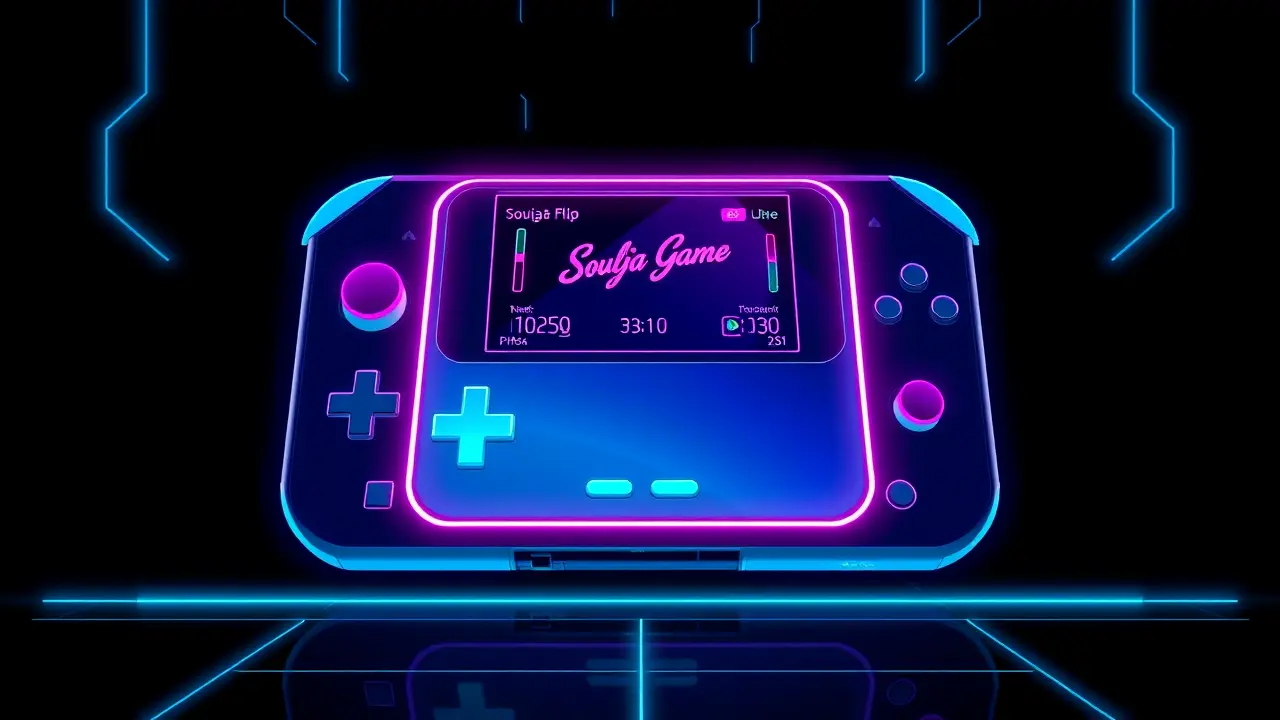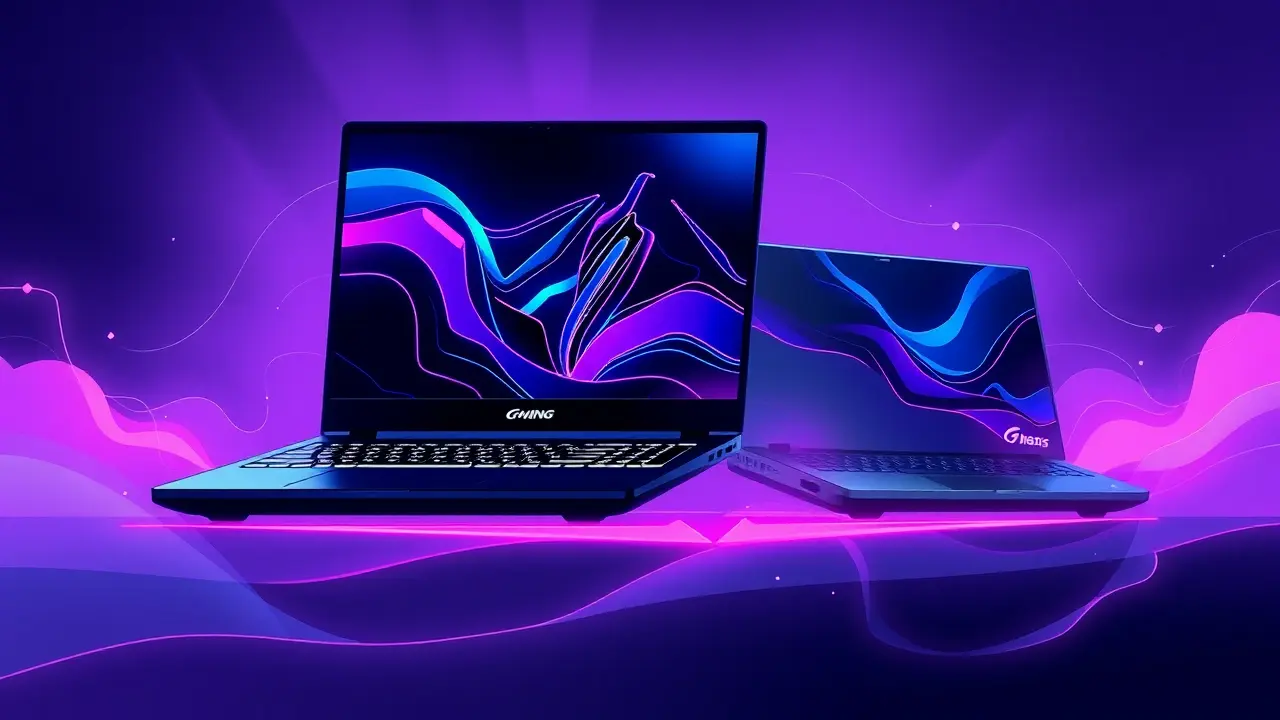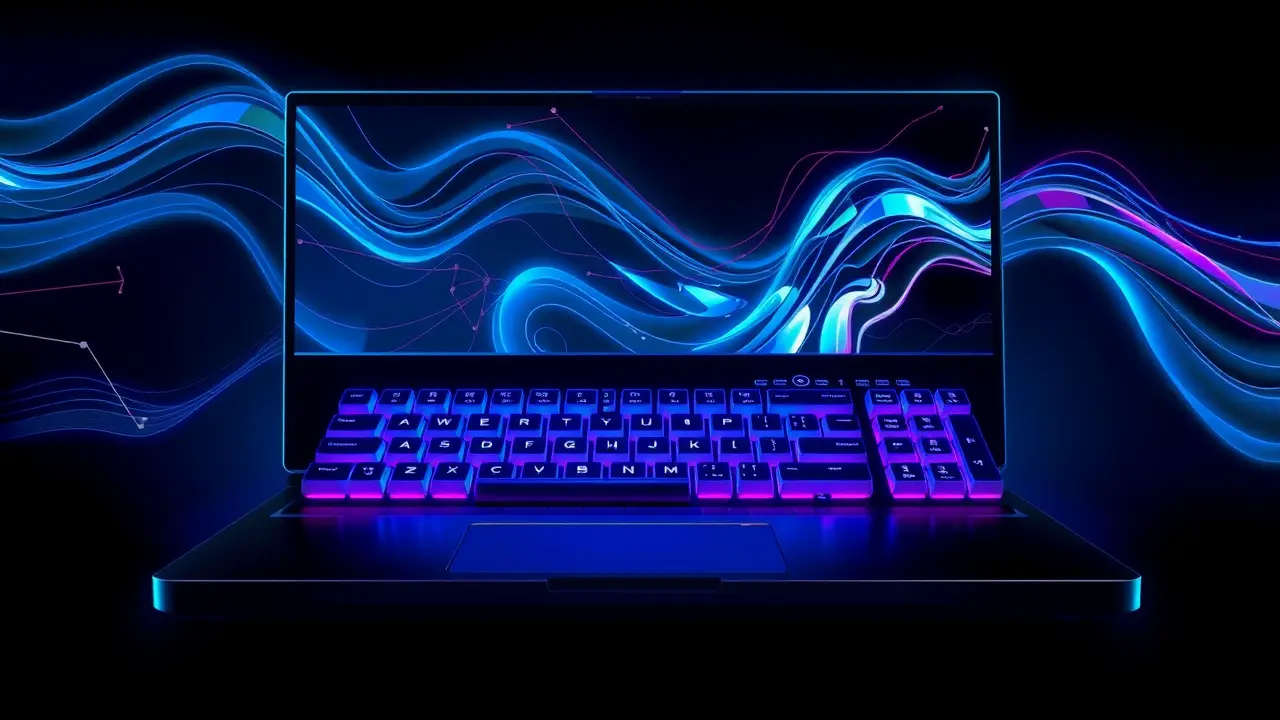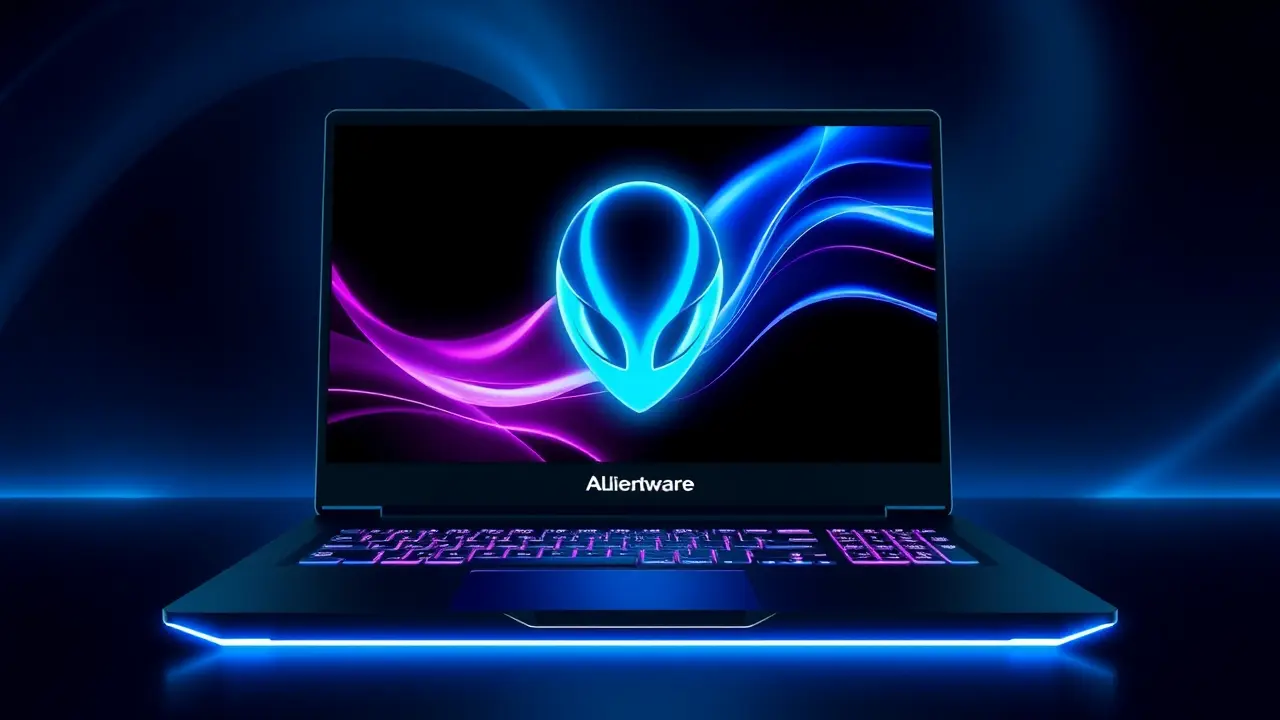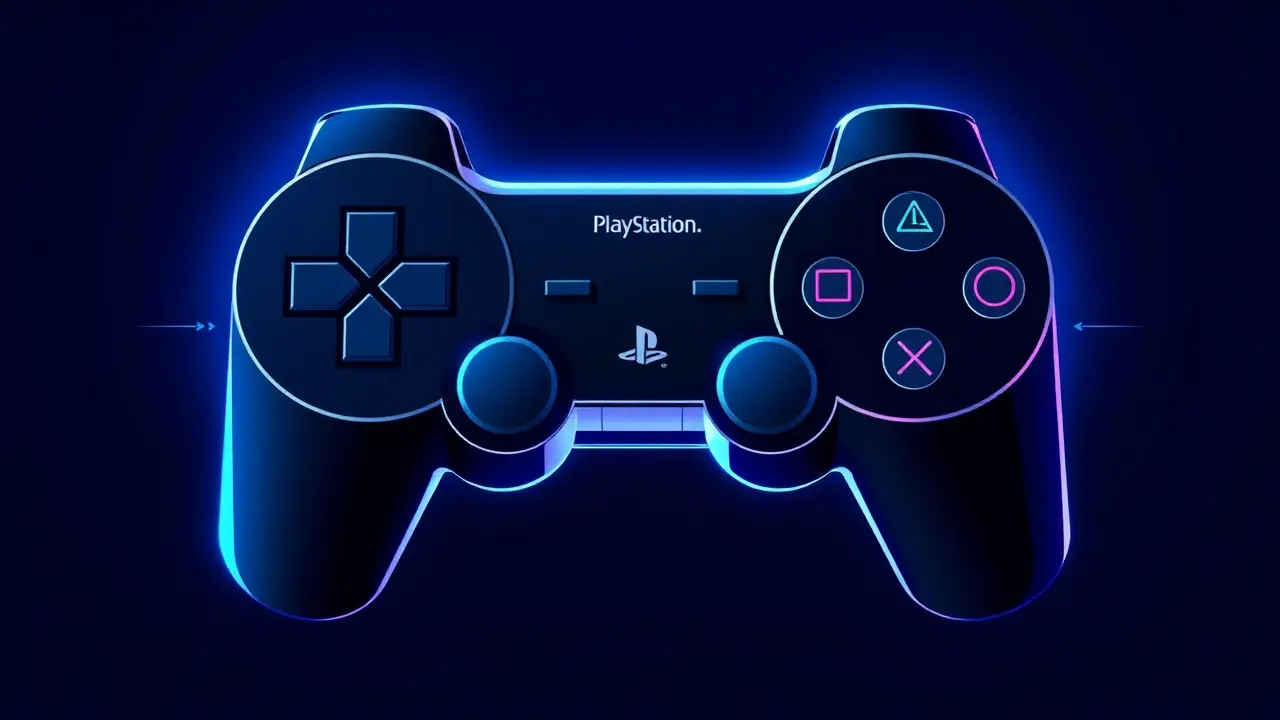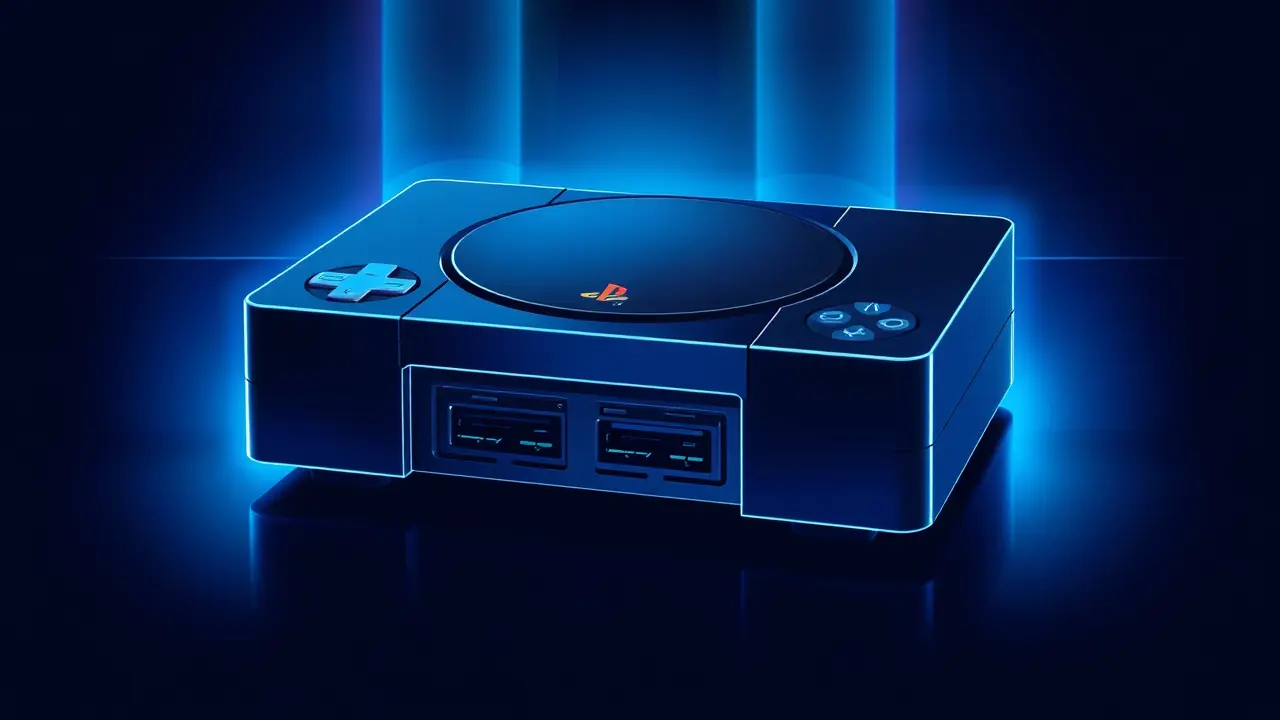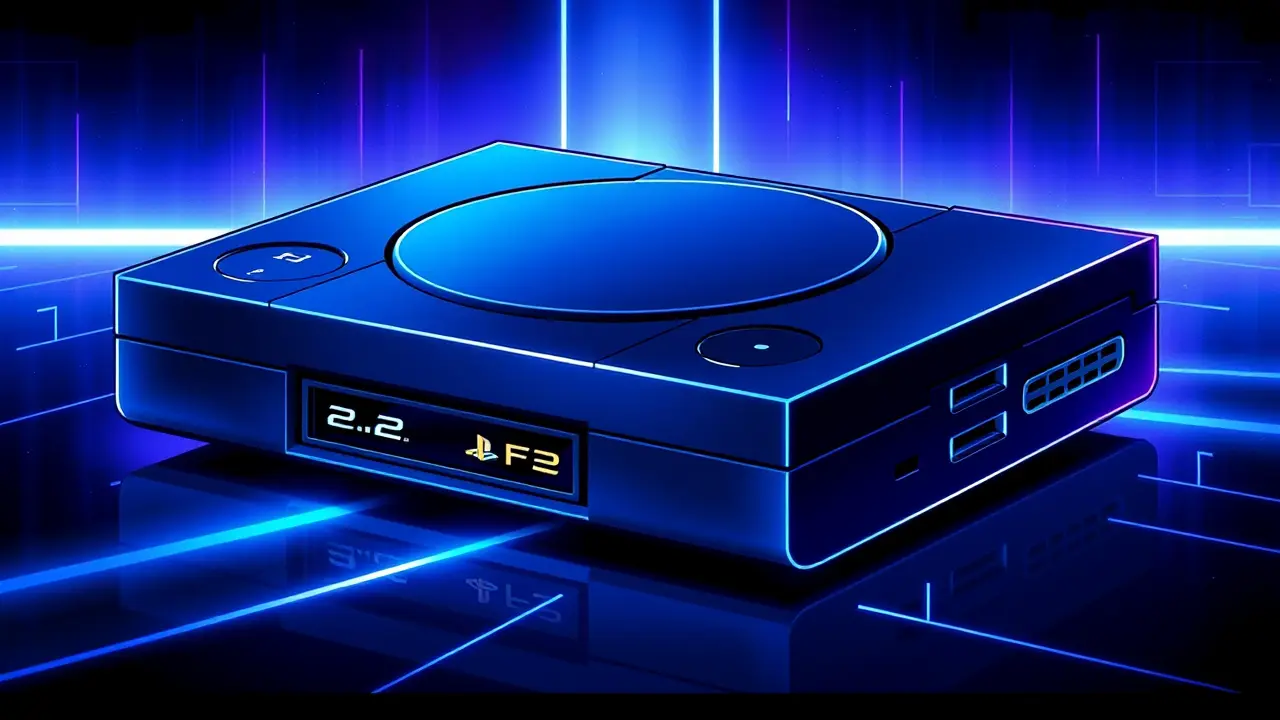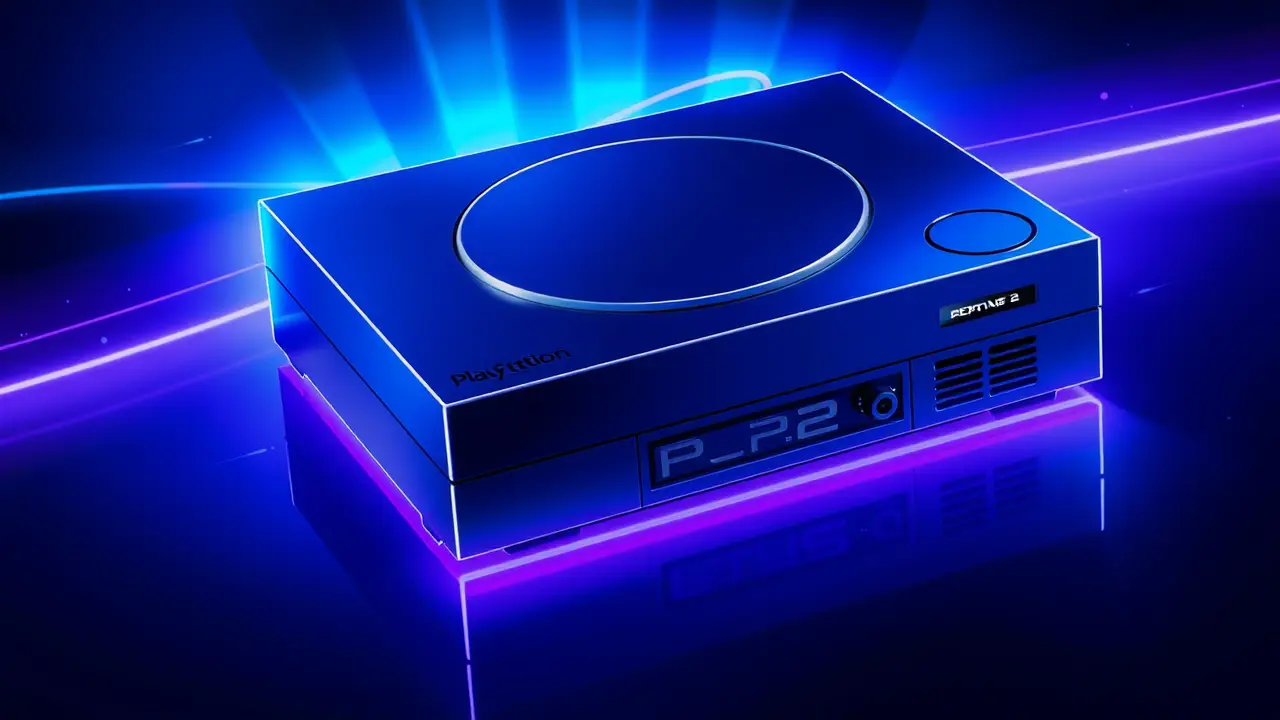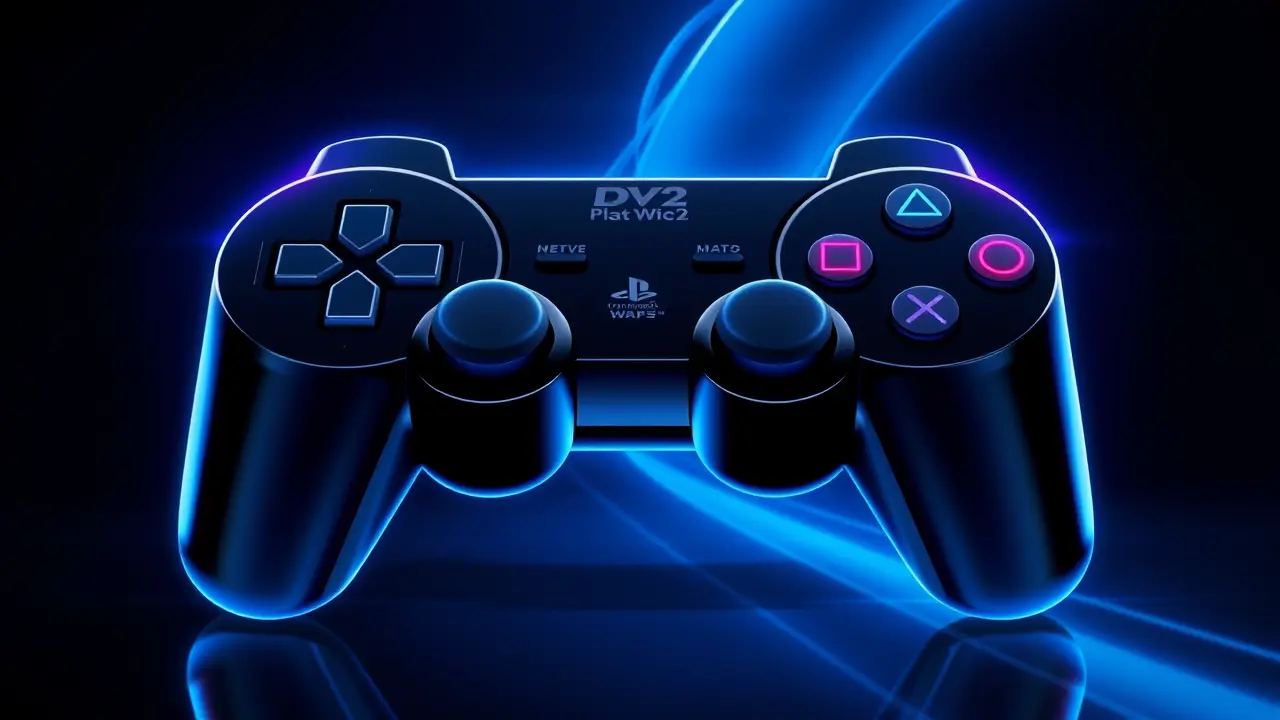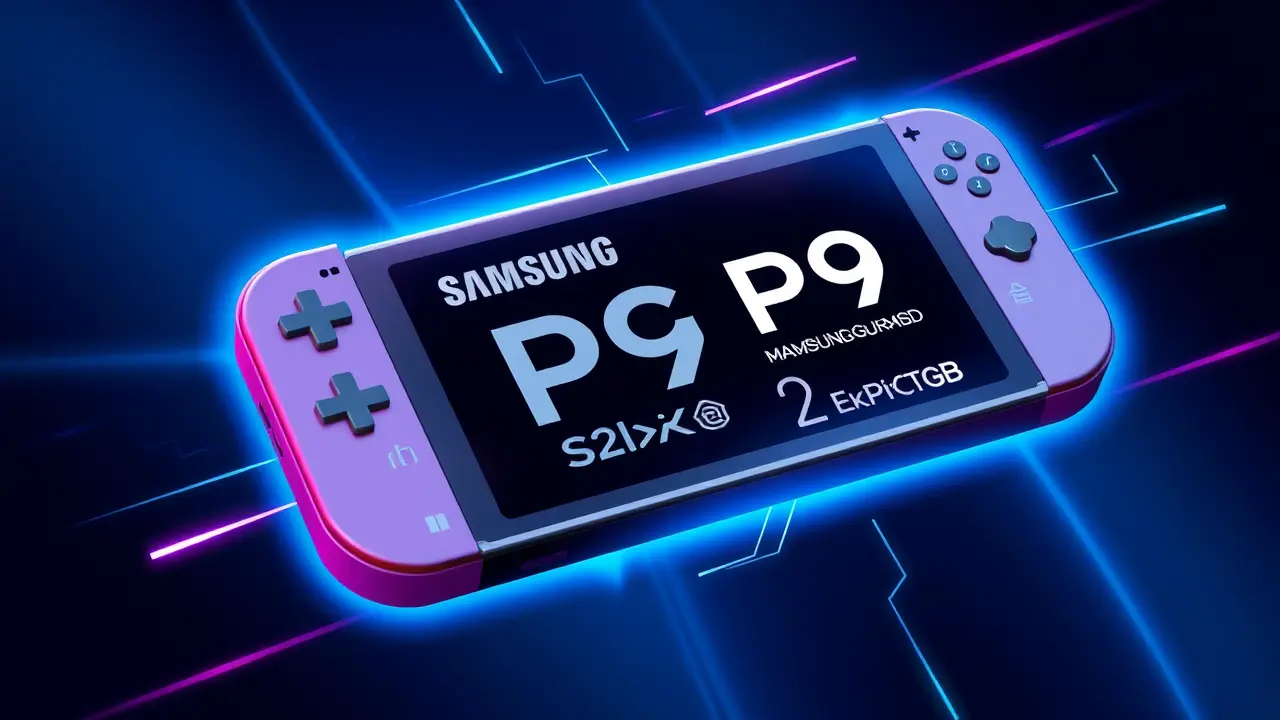
EntertainmentgamingConsole News
Samsung launches new microSD Express cards for Switch 2.
CH
Chris Walker
10 hours ago7 min read5 comments
Samsung just dropped a game-changing piece of hardware that's set to supercharge your portable gaming experience: the P9 Express series of microSD Express cards, and let's be real, this is basically a direct love letter to the upcoming Switch 2. Nintendo's new console is rumored to exclusively rock the microSD Express format, and until now, the pickings for compatible storage have been slim to none, leaving players in a serious bind.Samsung's timing is, as the streamers say, absolutely impeccable. The headline spec that's got everyone in the Discord channels buzzing is that blistering maximum sequential read speed of up to 800MB/s.To put that in proper gamer terms, we're talking load times that practically vanish—imagine booting up a massive open-world title like the next Zelda or a graphically intensive port and going from the home screen to gameplay in the time it takes to take a sip of your energy drink. This isn't just a minor upgrade; it's a generational leap that finally brings solid-state performance to the removable storage in your pocket, putting it in the same league as the internal NVMe drives in modern consoles and gaming PCs.But raw speed is only half the story. Samsung is smartly porting over its Dynamic Thermal Guard (DTG) technology, a feature battle-tested in its high-end SSDs, directly into these tiny cards.For any serious gamer who's endured a marathon session, the specter of thermal throttling is a real buzzkill. This tech acts like an invisible cooling system, actively managing heat buildup to ensure that whether you're deep into a competitive ranked match or exploring every corner of a new Pokémon region in Pokémon Legends Z-A, your storage performance remains consistently maxed out, no stutters, no drops, just pure, uninterrupted gameplay.This is crucial because as games get more complex, with higher-resolution textures and more expansive worlds, the data throughput and subsequent heat generation become significant bottlenecks that can hamper the experience. While the Switch 2 is the obvious marquee partner here, the versatility of these cards can't be overstated.They're a massive win for content creators using high-bitrate cameras, drone pilots capturing 8K footage, and users of other portable gaming machines like the Steam Deck or ASUS ROG Ally, where fast storage directly translates to a smoother, more responsive system. The launch lineup offers a straightforward choice: 256GB for $55 or 512GB for $100, pricing that's competitive and positions it as a premium but necessary accessory for the next wave of portable tech.This move by Samsung isn't happening in a vacuum; it's a strategic power play in the broader memory card wars. For years, the SD Association's various speed classes have created a confusing landscape for consumers.The microSD Express standard, leveraging the PCIe and NVMe interfaces, is the clearest path forward for demanding mobile applications, and Samsung's decisive entry legitimizes it in a way that previous, more niche offerings have not. It signals to the entire industry that this is the new baseline for performance, potentially phasing out older, slower formats for high-end devices.We can expect rivals like SanDisk and Lexar to respond in kind, but Samsung has seized a crucial first-mover advantage, especially with such a high-profile application as the Switch 2. For developers, this storage paradigm shift is equally significant.Knowing that a growing install base will have access to this tier of storage speed opens up new design possibilities, allowing for more ambitious asset streaming and reducing the need for clever-but-limiting workarounds to mask slow load times. In essence, the Samsung P9 Express isn't just a memory card; it's a key that unlocks the full potential of next-generation portable hardware, ensuring that the games we play on the go are no longer compromised by the technology we use to store them.
#Samsung
#microSD Express
#P9 series
#Switch 2
#storage
#speed
#featured
Stay Informed. Act Smarter.
Get weekly highlights, major headlines, and expert insights — then put your knowledge to work in our live prediction markets.
Related News
© 2025 Outpoll Service LTD. All rights reserved.
